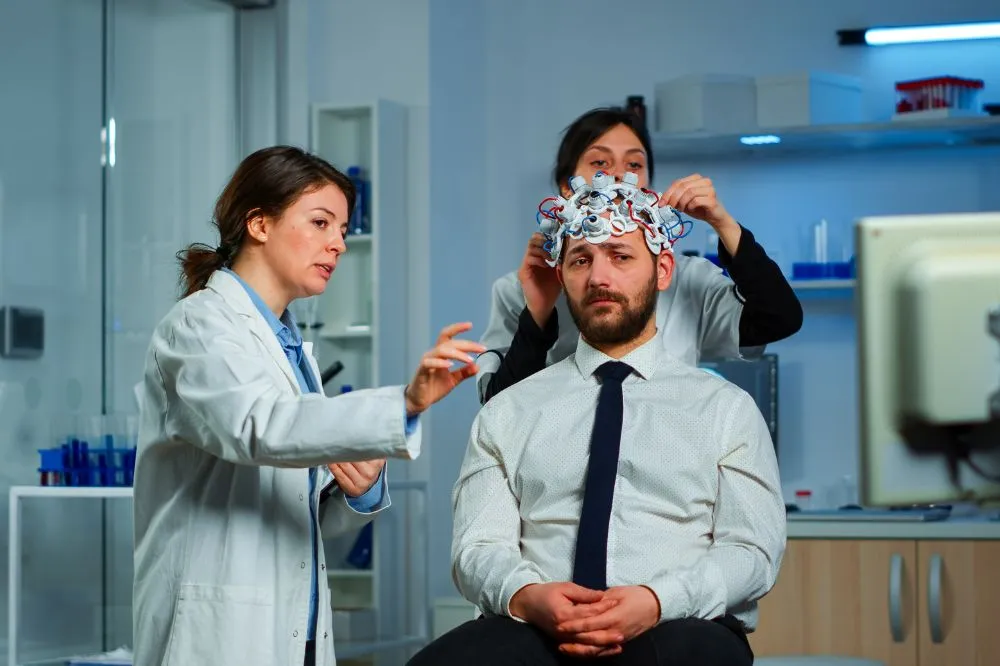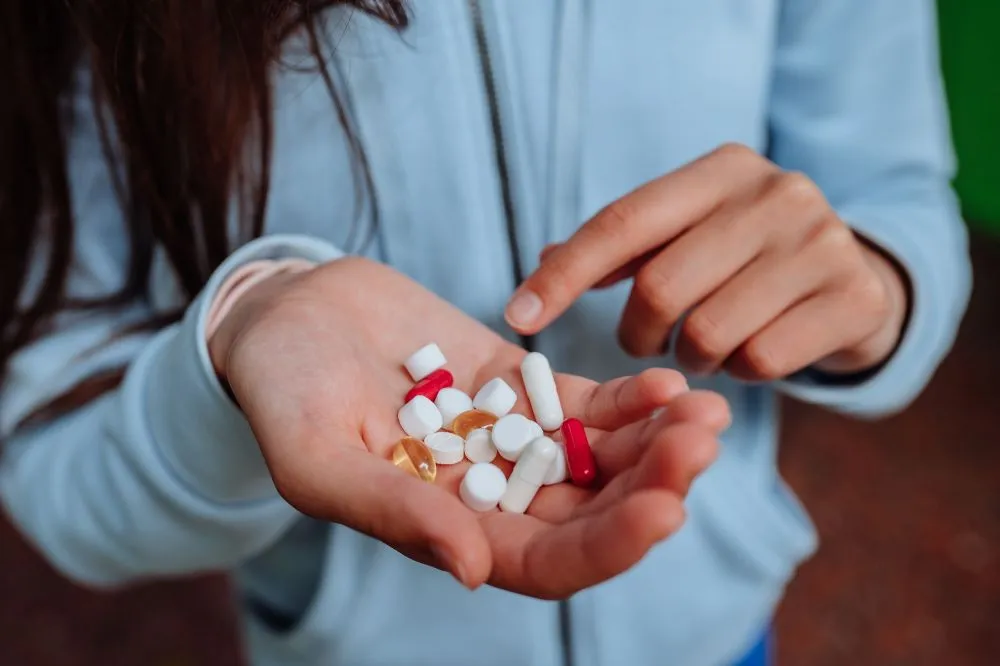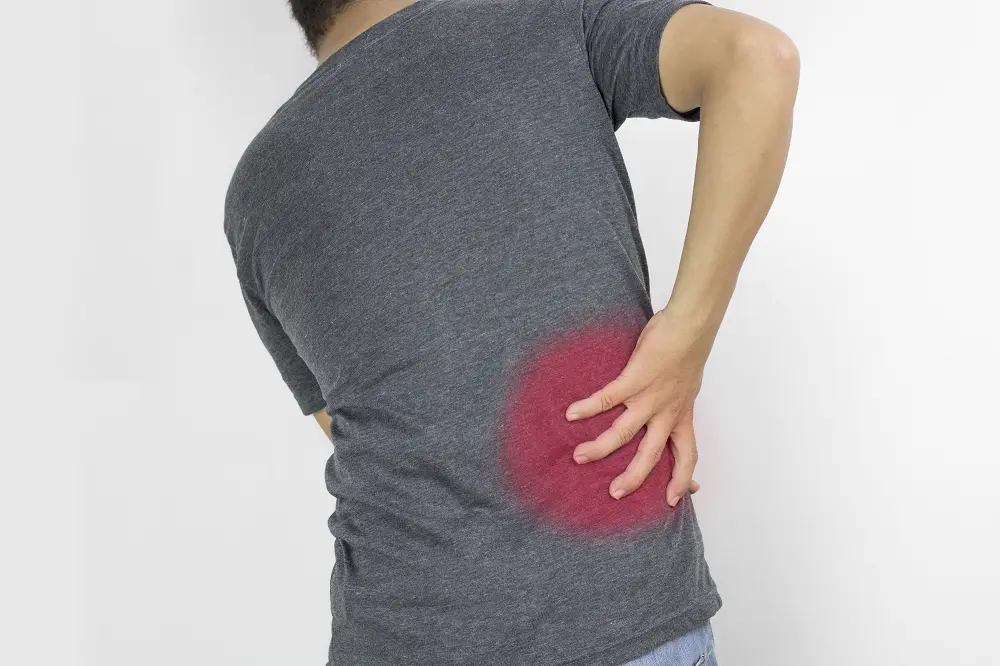Summary: TKA is a major surgical intervention requiring prolonged use of painkillers post-surgery. Additionally, doctors also need to use anxiolytics and antidepressants to manage emotional distress in many patients. A new study shows that those requiring psychotropics are also more likely to require longer opioid use due to a greater pain score.
Knee osteoarthritis, a common condition in the United States affecting millions of people, can be treated with various methods, including opioid addiction treatment. It is characterized by the degeneration of cartilage in the knee joint, leading to pain and disability that can significantly impact a person’s quality of life, making it difficult to perform everyday activities such as walking, climbing stairs, and participating in physical activities.
Total knee arthroplasty (TKA), also known as knee replacement surgery, is a common treatment option for individuals with severe knee osteoarthritis. TKA involves removing the damaged parts of the knee and replacing them with artificial components, which can significantly reduce pain and improve mobility. However, TKA is typically only recommended for patients who have not responded to less invasive treatments, such as physical therapy, weight management, and pain management.
TKA is a major surgical intervention. However, it also provides significant relief to the patient once the joint has healed after the surgery. In addition, TKA ultimately results in lower dependence on painkillers, as most are able to live without painkillers. Generally, patients need opioids for the first three months after the intervention. Opioids, though highly effective in controlling postoperative pain, are not an excellent choice. They slow down healing processes. Additionally, though minimal, but there is still a risk that prolonged opioid therapy in the post-surgical phase may increase the risk of opioid dependence in some.
However, it is worth understanding that pain is not the sole concern of those who undergo TKA. Most patients also require treatment for mental health issues, for emotional distress. Total knee arthroplasty (TKA) can also cause significant anxiety and depression in some patients. The reasons for this can be diverse and interrelated but generally stem from the patient’s concerns about the outcome of the surgery, the recovery process, and the ability to return to normal activities.
Chronic pain, which is a common symptom of knee osteoarthritis, can lead to depression and anxiety. In addition, the physical limitations imposed by the pain and disability associated with knee osteoarthritis can also contribute to feelings of hopelessness and depression. All this means that doctors frequently use psychotropics in TKA patients to manage pain and mental health issues. Moreover, many patients report better pain relief when they are provided drugs like anxiolytics or antidepressants along with opioids.
However, now some researchers warn against the frequent use of anxiolytics or antidepressants in TKA patients. Since new studies show that using these drugs may result in longer opioid use in patients. Not only that the patients use opioids for longer, they even had higher pain scores when psychotropics were used along with opioids. Although, it does not seem to have any influence on readmission rates or emergency department visits.
It means that using psychotropics in TKA patients along with opioids has limited health benefits and must be used with great care. Overall, researchers found that patients on these medications require more aggressive pain control after surgery. Moreover, these issues were seen even in patients prescribed anxiolytics or antidepressants for other reasons, and they did not experience anxiety or depression. Of course, it is not possible to treat all the patients without these drugs. Nonetheless, the study shows that those living with mood disorders are more likely to experience prolonged post-TKA pain and recover slower.
By Gurpreet Singh Padda, MD, MBA, MHP






